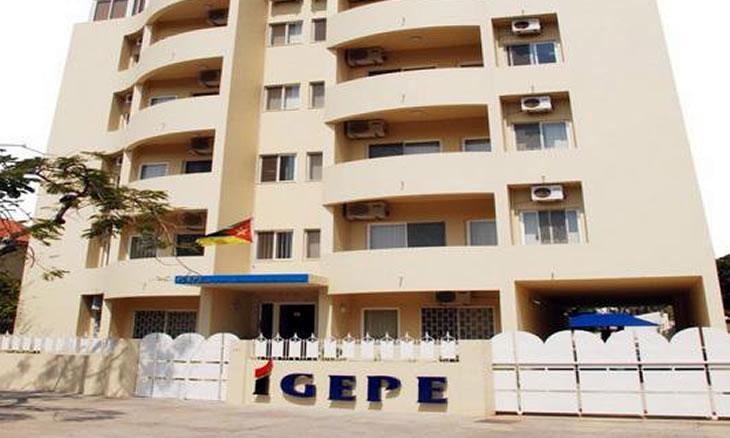Africa-Press – Mozambique. Mozambique’s government said that the restructuring of the State Business Sector will continue in 2024 and that this process has led to a 9% increase in dividend income for the state this year.
In a response to the parliamentary committees on the proposed Economic and Social Plan and State Budget (PESOE) for 2024, to which Lusa had access on Friday, the Ministry of Economy and Finance recalls that the “operational and financial restructuring of ten companies” began this year, starting with the “resizing of the workforce”.
It also involved “regularising” social security contributions, “reducing operating costs”, and “restructuring debts and rationalising assets”
“Dividend income grew by 9% in the period from 2022 to 2023, from 7.8 billion meticais to 8.5 billion meticais [€113.2 million to €123.4 million],” reads the response.
It adds that the Activity Plan and Budget of the Institute for the Management of State Holdings (IGEPE) for 2024, as part of the restructuring of the state business sector, include “continuing to implement the strategy of making the companies viable and profitable”, with a “focus” on Regadio do Baixo Limpopo (RBL), telecommunications operator Tmcel, Mozambique Airlines (LAM) and Mozambique Airports (ADM).
The government has previously identified natural disasters, public debt above sustainability limits, inflation and the performance of the State Business Sector as the main fiscal risks in 2024.
In November, the World Bank warned that Mozambique’s public companies represent the greatest potential danger to national public finances among African countries, accounting for almost 35% of Gross Domestic Product (GDP), only below the vulnerability registered in The Gambia.
“In countries where public companies represent a large part of economic activity, they can pose risks to public finances; analysing 14 sub-Saharan African countries, public companies represent 7% of GDP, assets are around 34% of public assets, and potential risks are, on average, around 20% of GDP,” reads the World Bank’s report on the operational context of public companies.
In the document that analyses the situation of 76,000 public companies in 91 countries, the World Bank experts write that “when risks materialise, they generally have large and lasting implications for budget deficits and debt, as well as for the conduct of fiscal policy, and can lead to economic and financial crises”.
For More News And Analysis About Mozambique Follow Africa-Press






